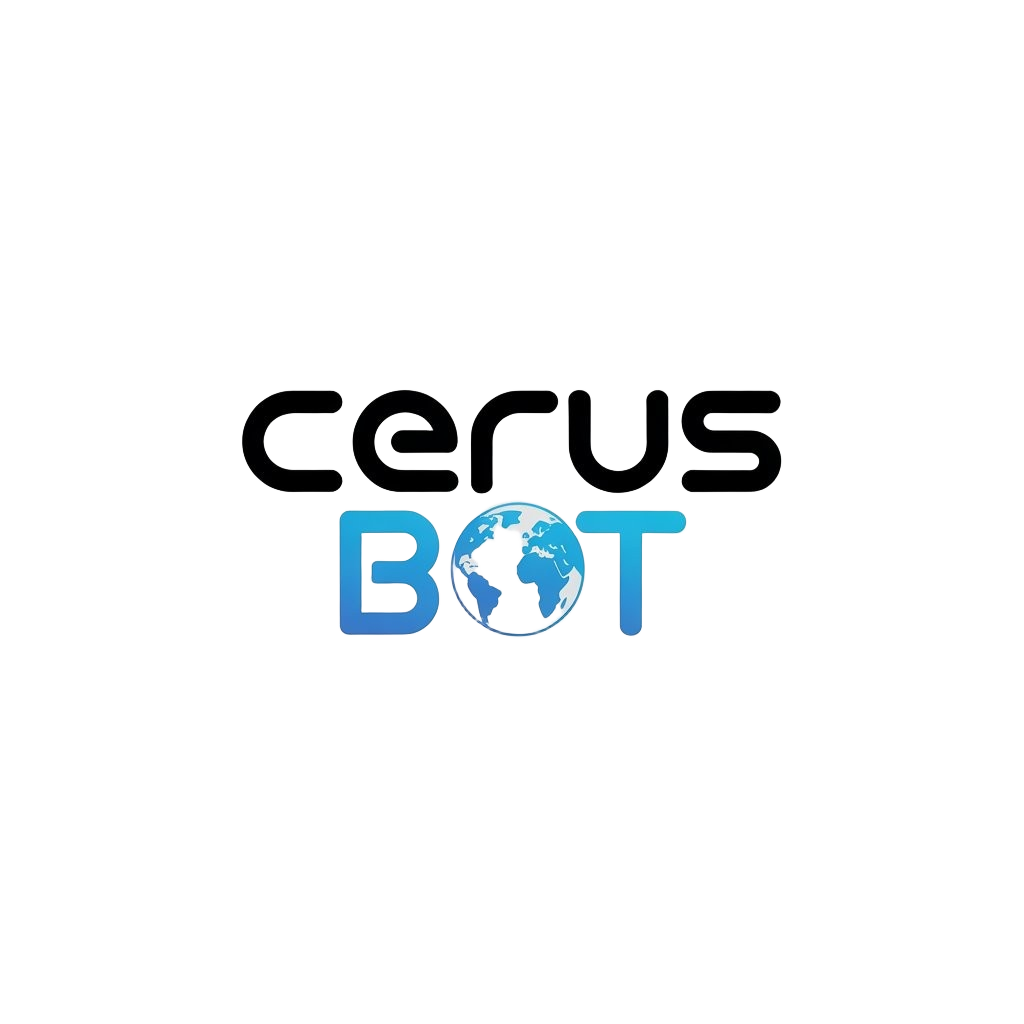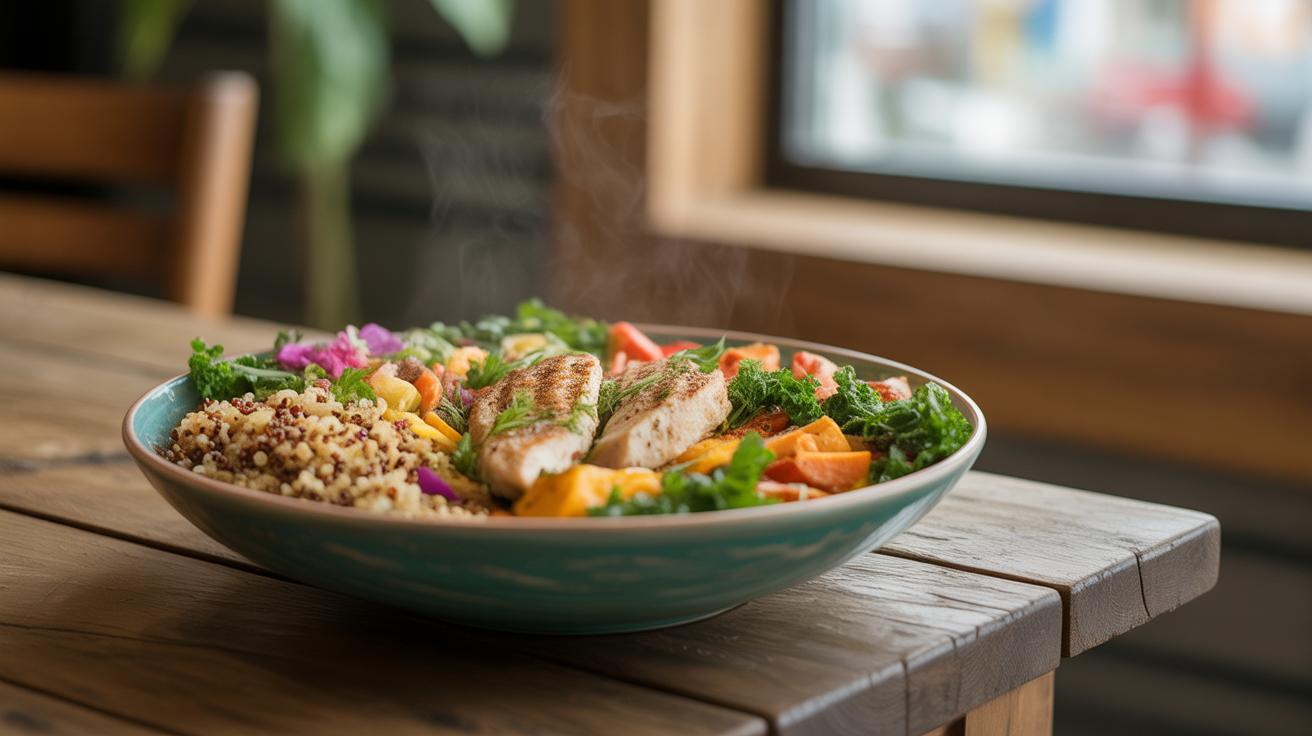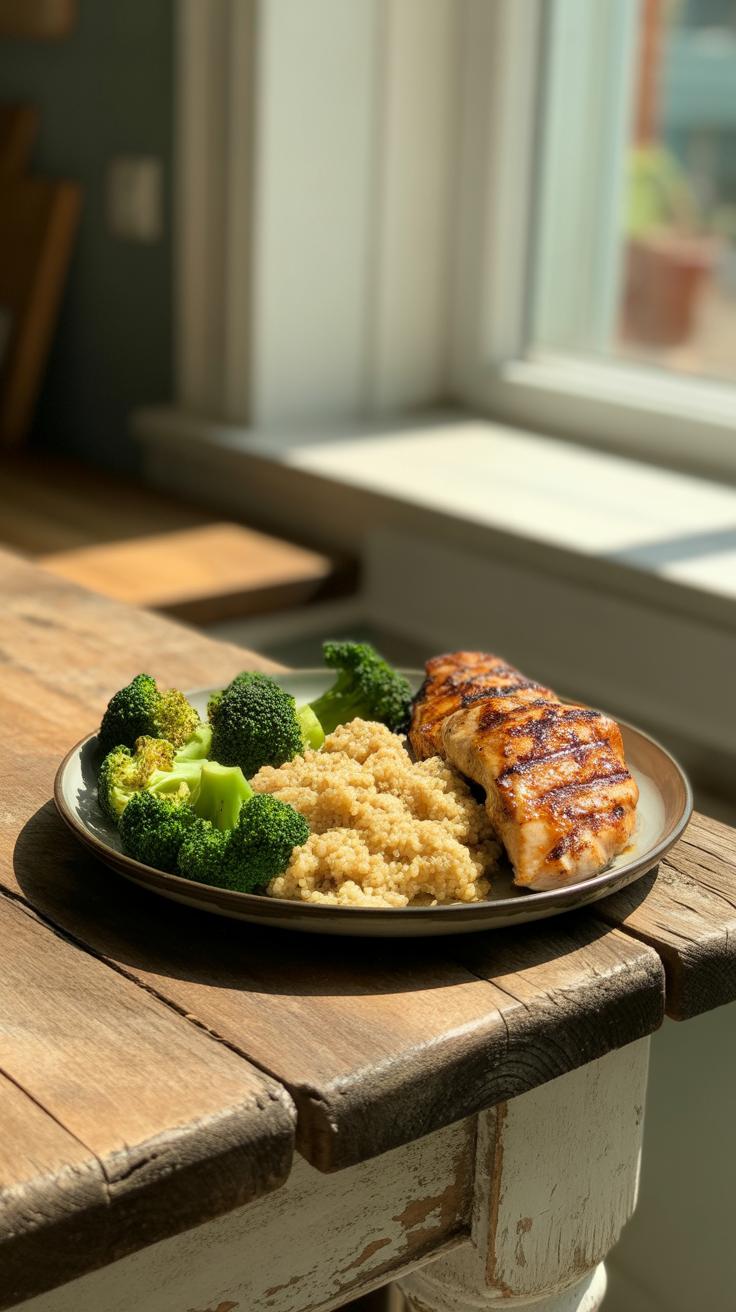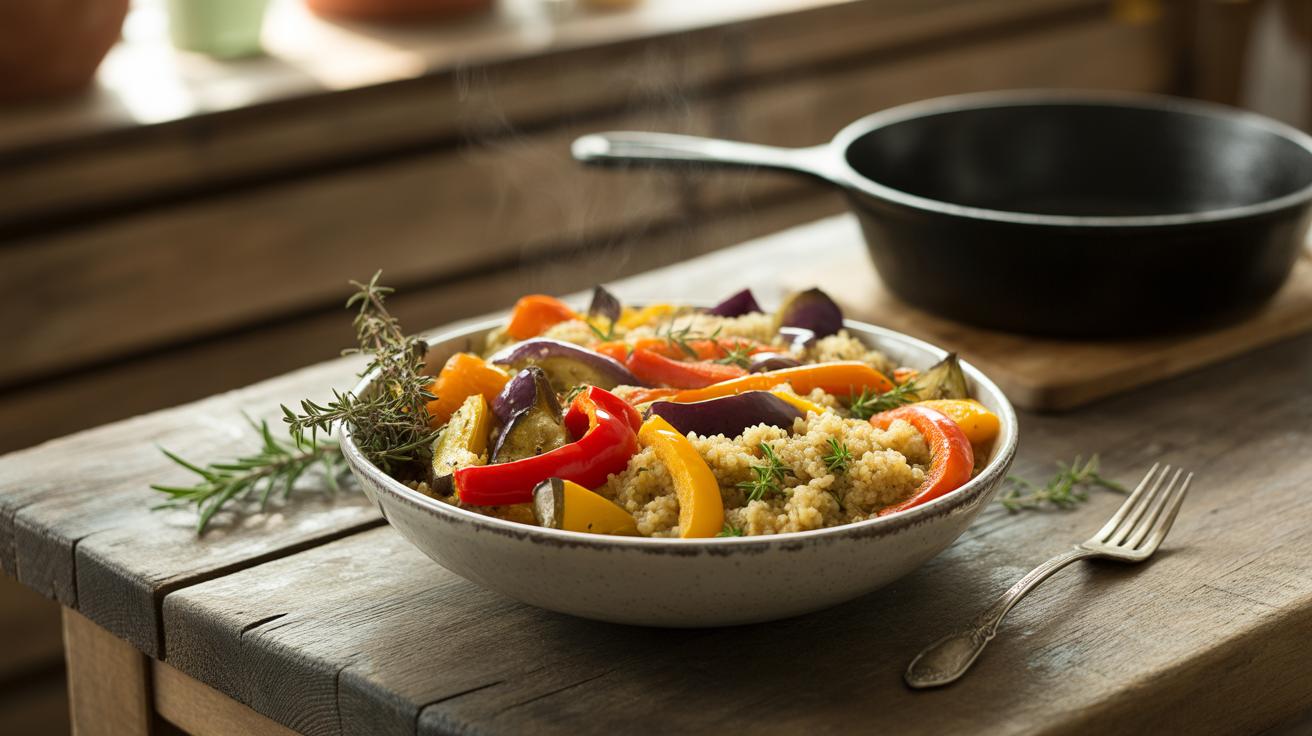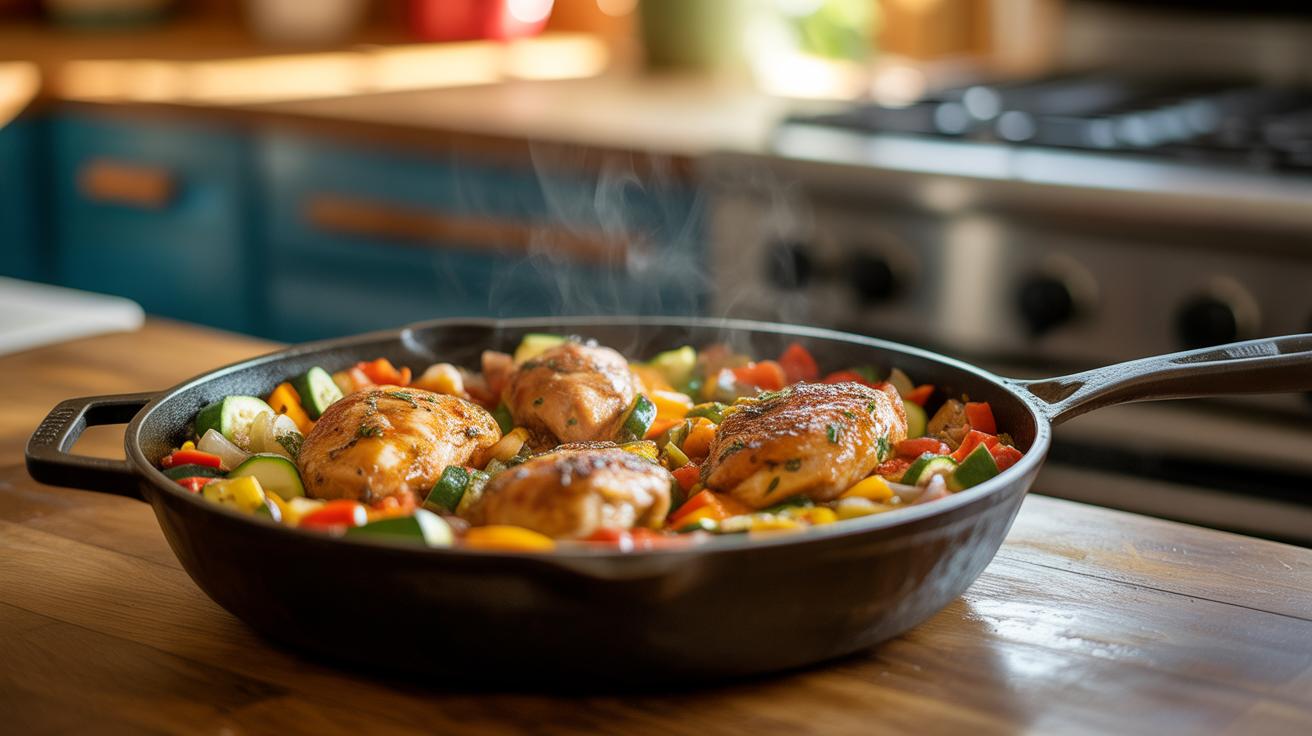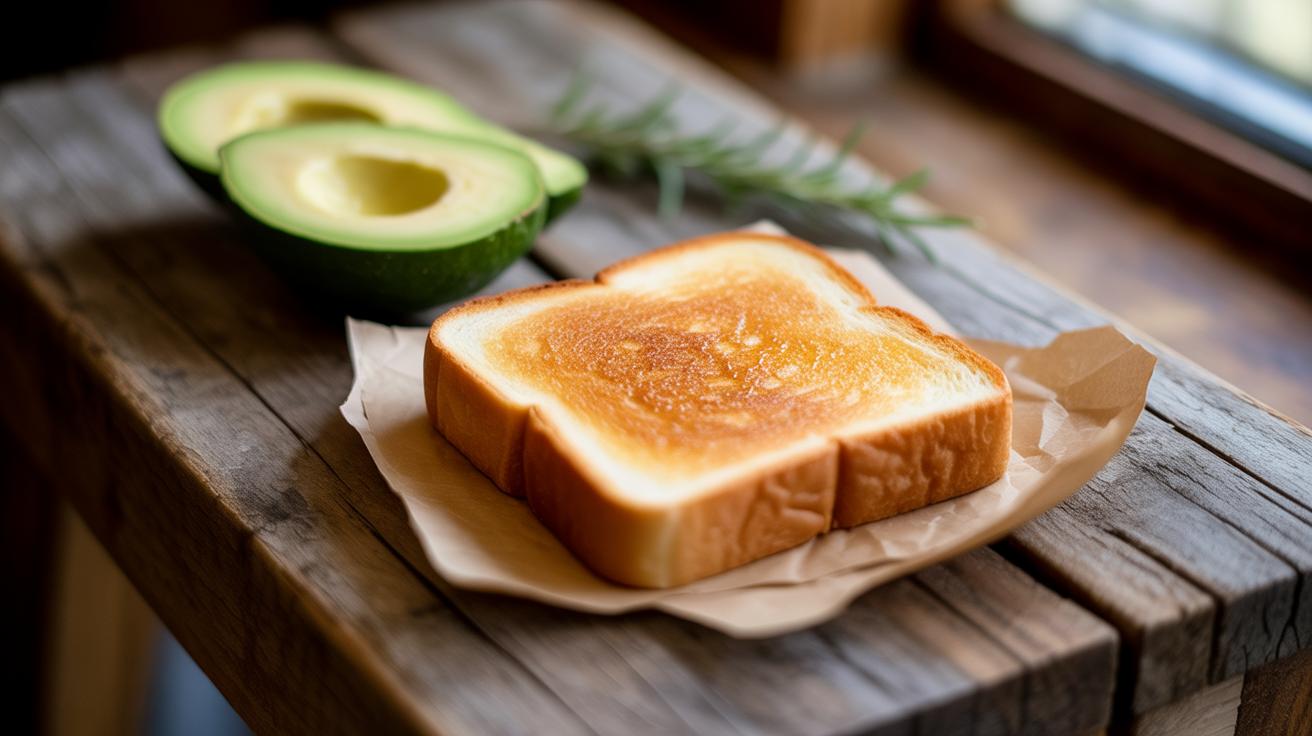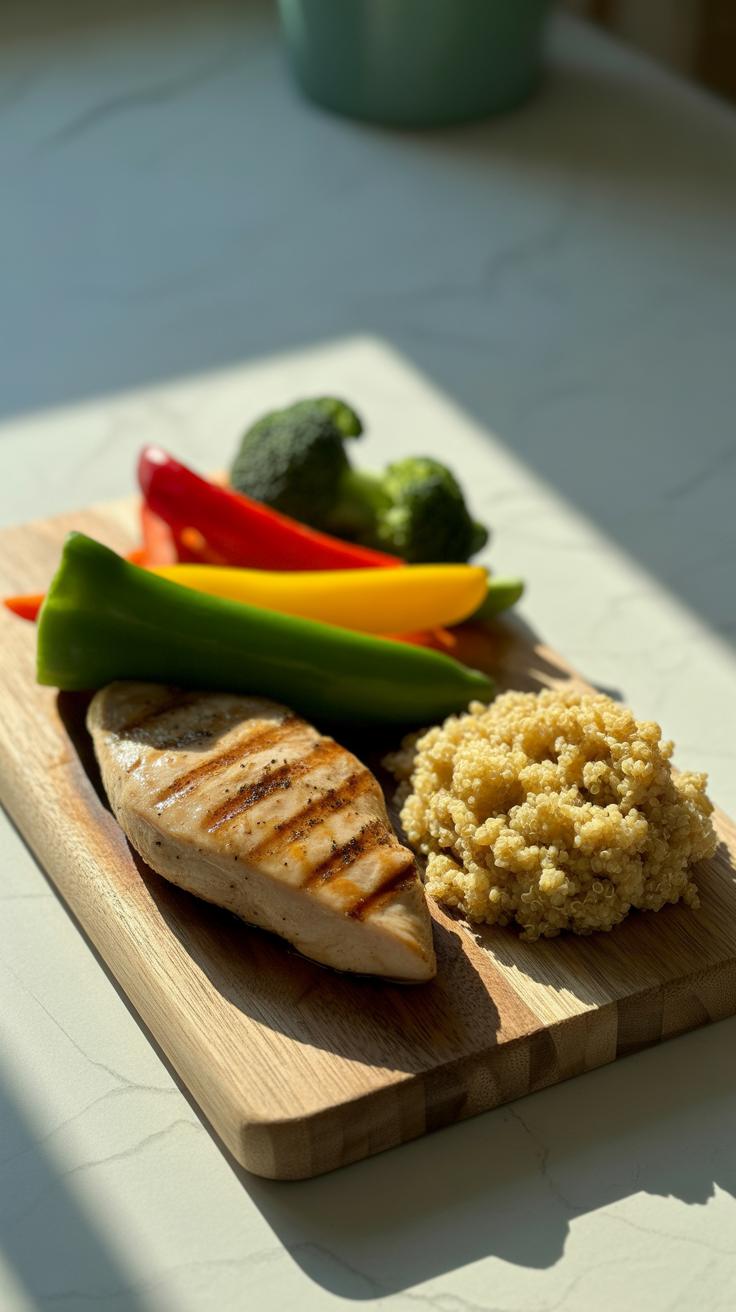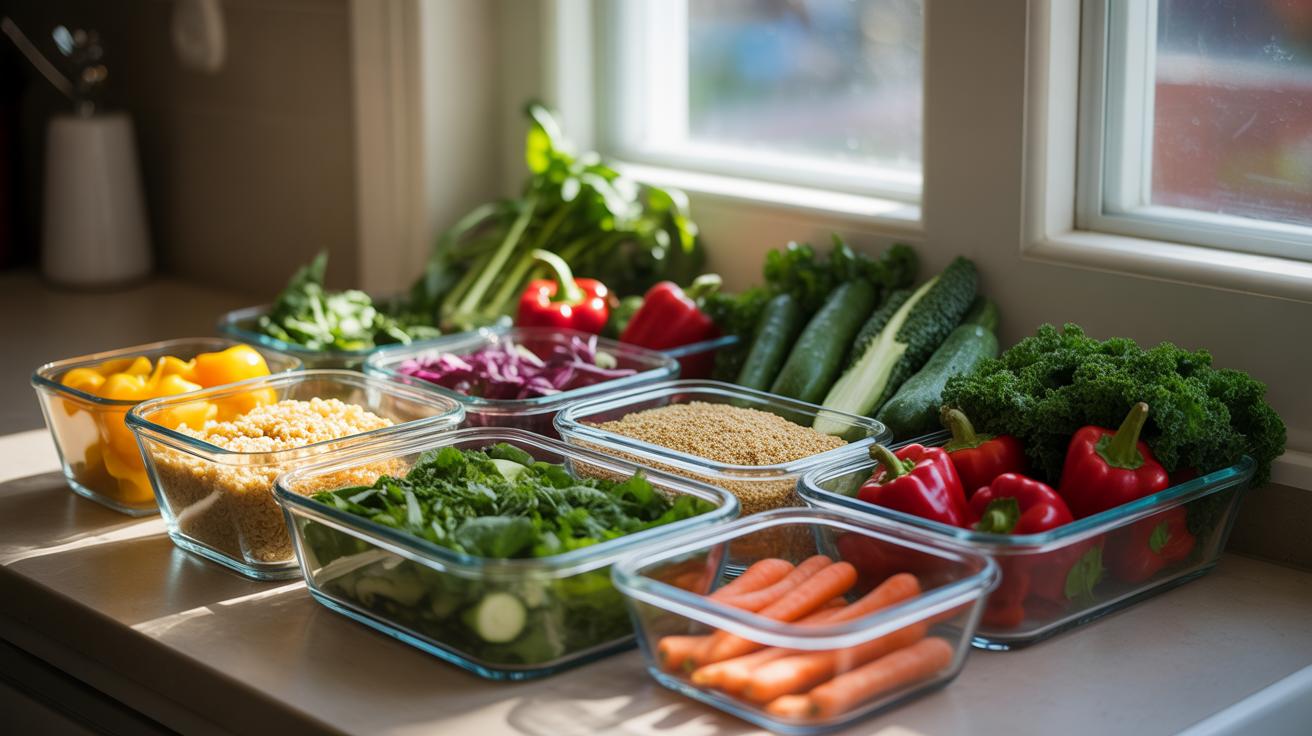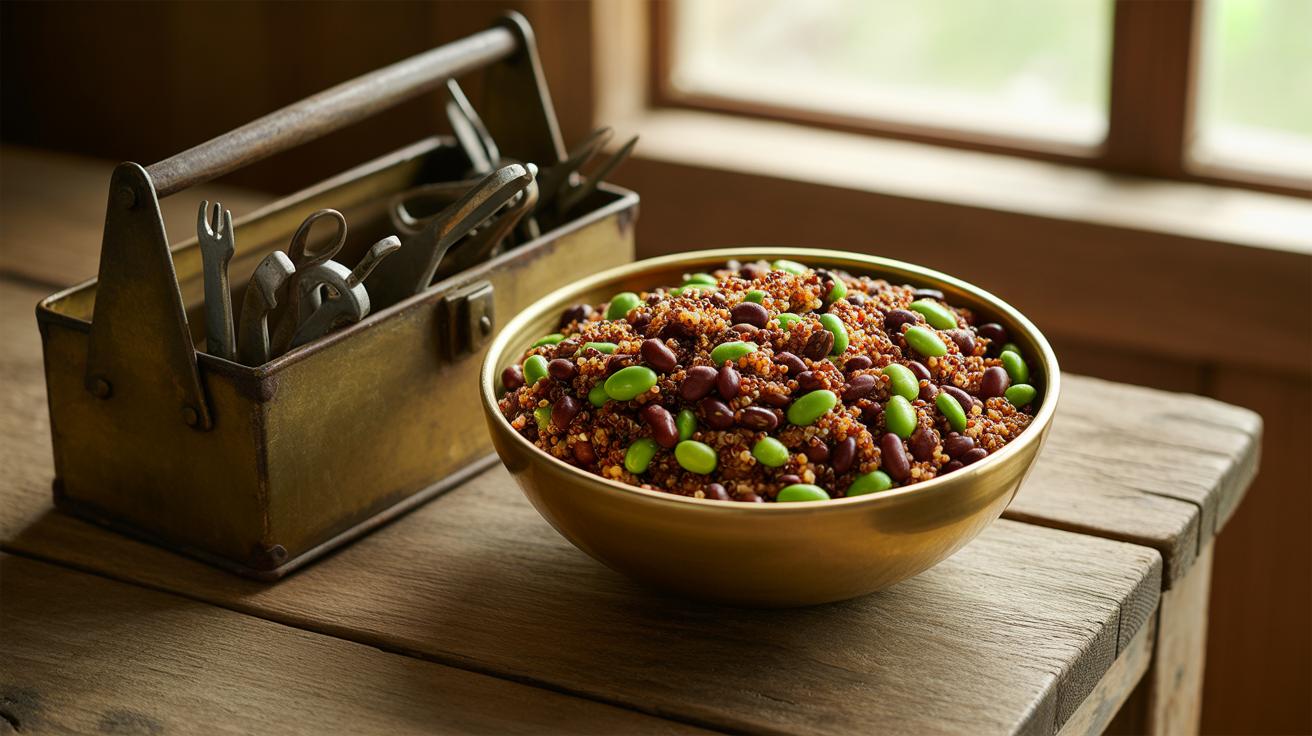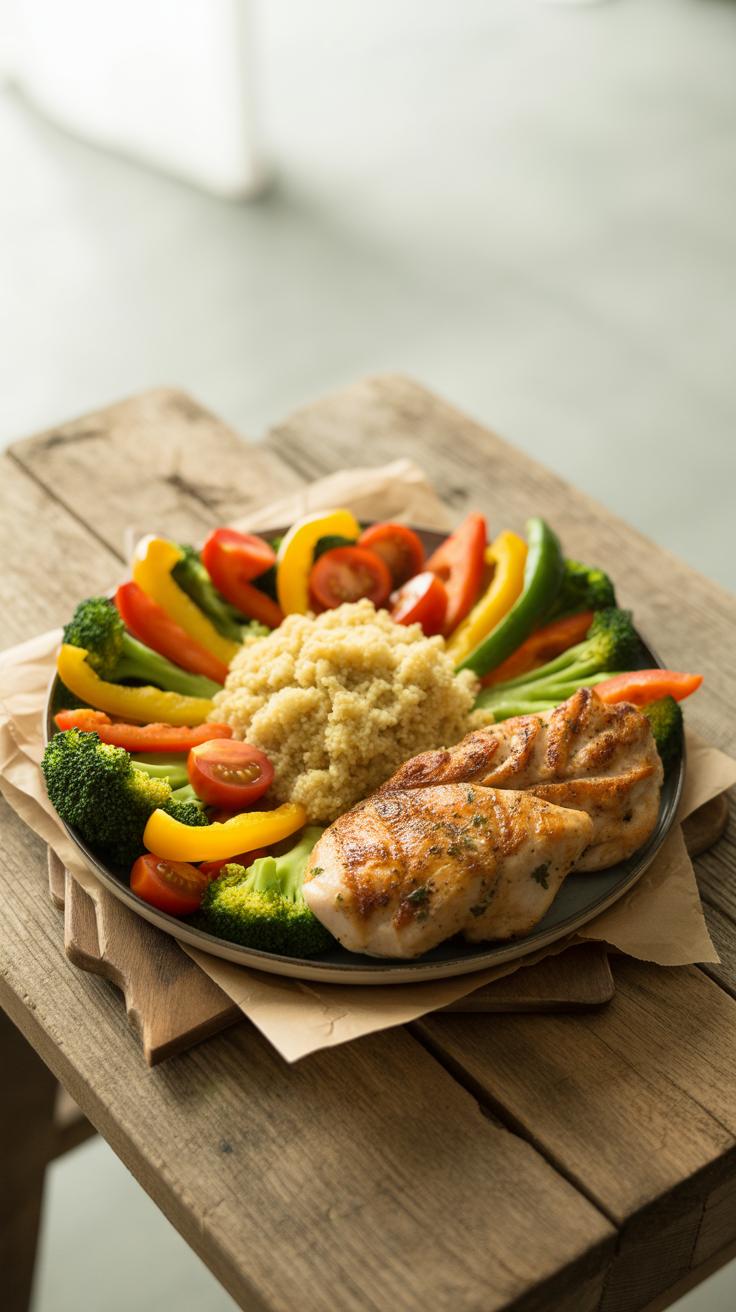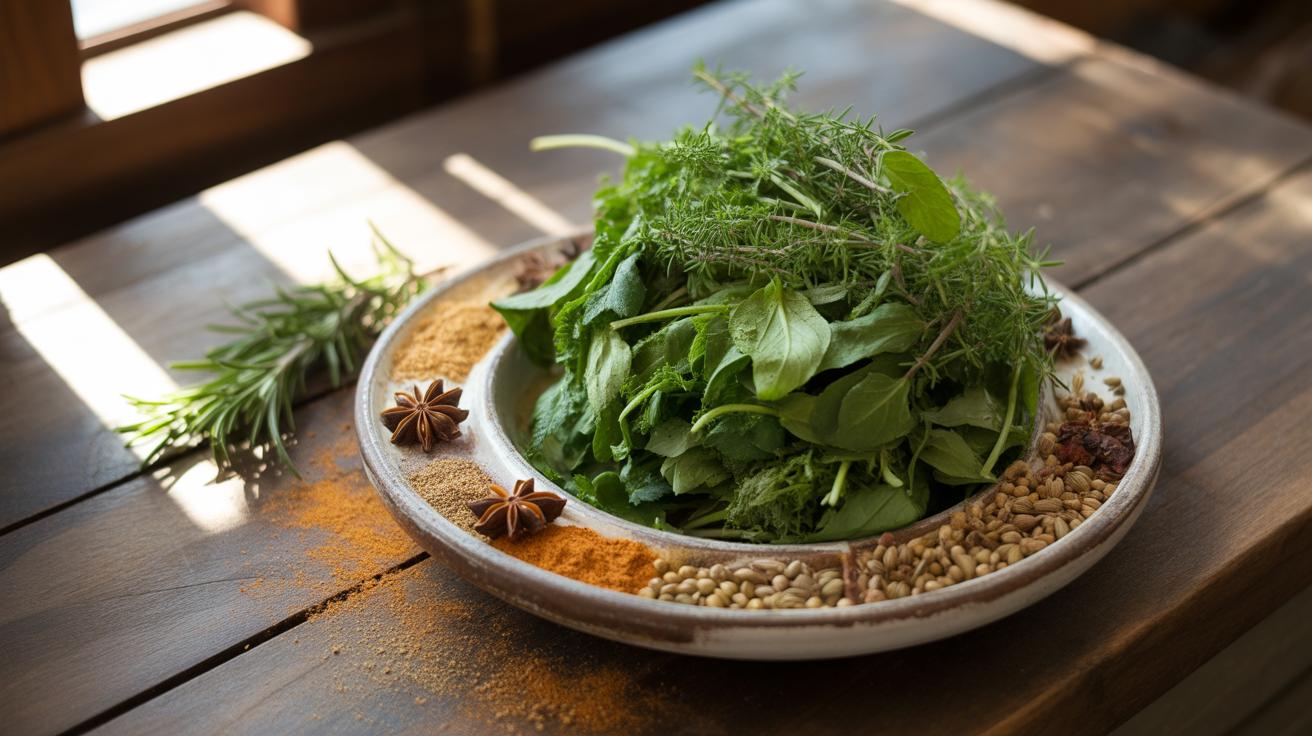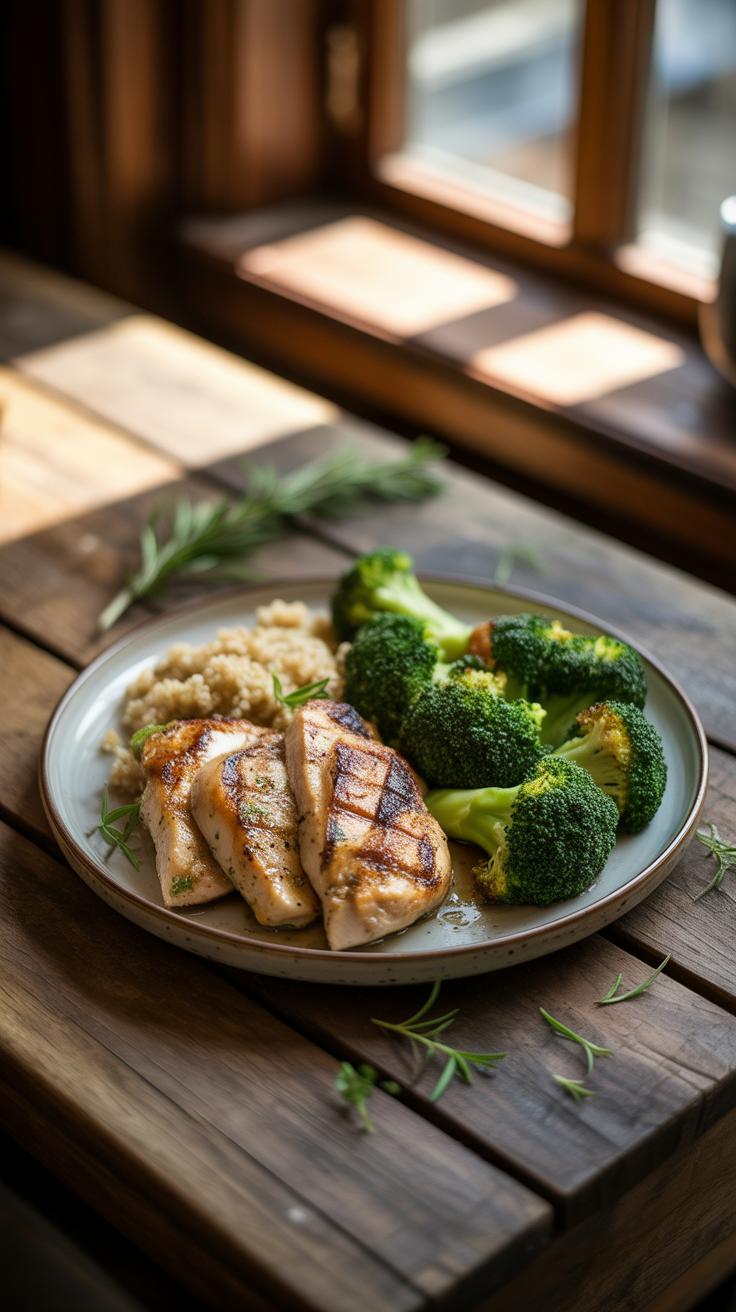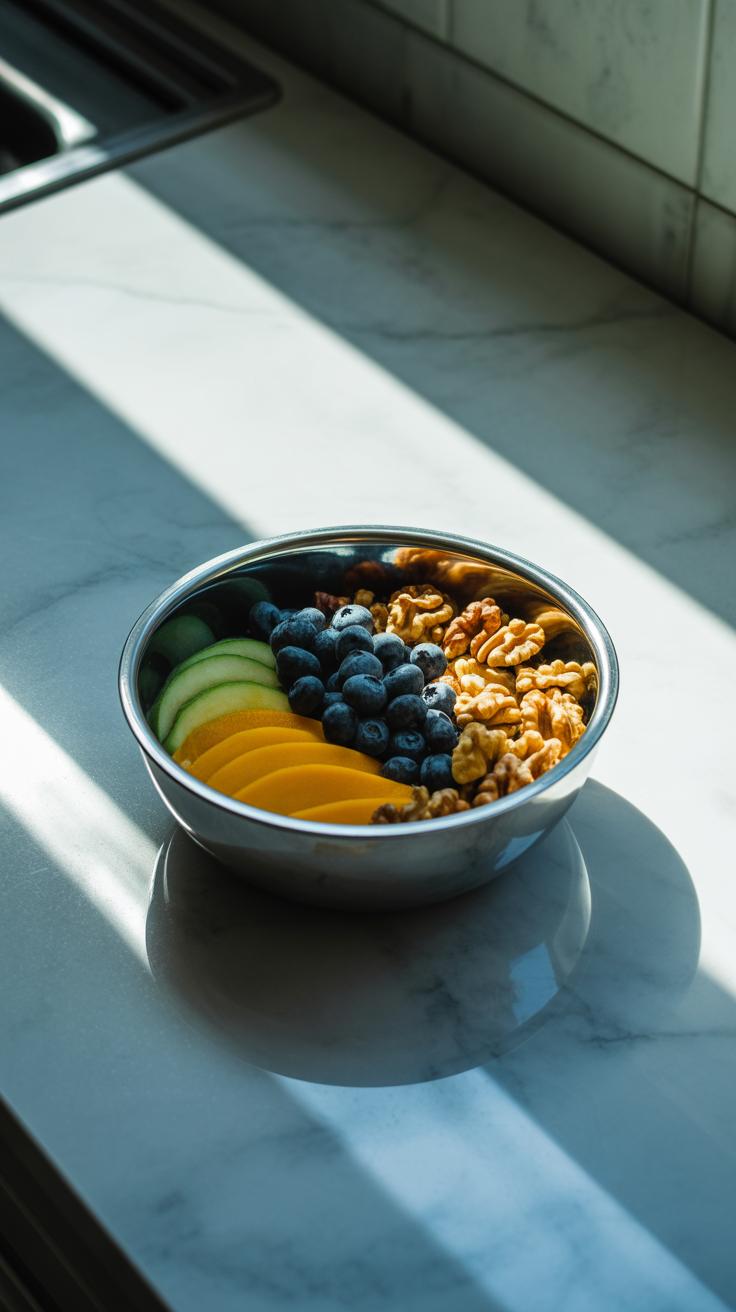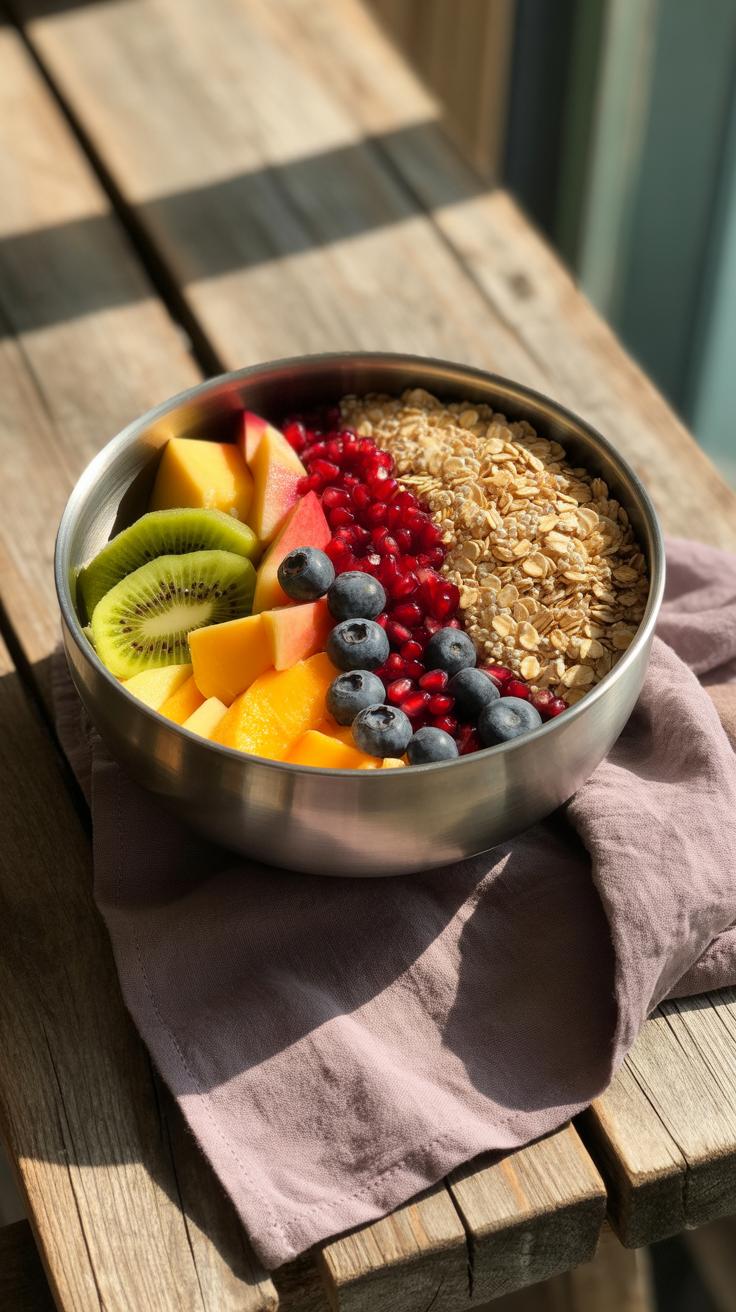Introduction
After working out, what you eat matters a lot for helping your muscles grow and repair. Many people make mistakes in their post workout meals that stop them from gaining muscles as much as they could. This article talks about common mistakes people make after exercise and how they hurt muscle gains.
We will explain why eating the right foods at the right times helps your body recover faster. You will also learn what to avoid and what to include in your post workout meal. Following these tips can improve your muscle gains and help your body get stronger.
Why Post Workout Nutrition Matters
Your body doesn’t just stop working once you set down the weights or finish your run. In fact, the window right after exercise is when your muscles are screaming for the right fuel. Getting nutrition in soon after your workout can really tip the scale toward better recovery and growth. It’s a bit like feeding a hungry machine that’s been burning through resources.
The nutrients you consume help to refill energy stores and repair the tiny muscle tears caused by exercise. Without the proper nutrients arriving in time, your body might stall in its recovery, leaving you feeling more fatigued than necessary or slowing your progress.
How Muscles Recover After Exercise
After a workout, your muscle fibers undergo small tears—that’s normal and needed for growth. Your body responds by starting repair processes that build muscle thicker and stronger over time. But to do this, it needs raw materials, primarily protein for rebuilding and carbohydrates to replenish energy.
Think of protein as the bricks and carbohydrates as the mortar. Without enough of both, the rebuilding process falters. Amino acids from protein help mend damaged tissues, while carbs restore glycogen, the energy stored in muscles. Forget this, and your muscles stay in a kind of limbo, stuck in recovery mode and not growing as they should.
Effects of Poor Post Workout Meals
If you skip—or choose poorly for—your post workout meal, several things might happen. You could experience increased muscle soreness, slower recovery times, or even diminished strength gains. Sometimes, it feels like workouts just aren’t “registering” the way they should.
Low blood sugar after training may also drag your energy levels down, affecting your mood and motivation for the next session. Over time, poor nutrition can compromise your immune system, making you more prone to illness, which throws a wrench into any training schedule.
Have you noticed plateaus after a tough routine? Maybe your meal timing or content is part of the problem. It’s not just what you eat, but when and how much that all factors into muscle performance and rebuilding.
Timing Your Post Workout Meal
What Is The Anabolic Window
The anabolic window refers to the period right after you finish your workout, often described as the best moment to feed your muscles. It’s believed that during this time your body is more receptive to nutrients, particularly protein and carbohydrates, which helps jumpstart muscle recovery and growth. Some say this window lasts about 30 to 60 minutes, but the exact timing might not be as strict as often portrayed. Still, eating soon after training can support muscle repair and replenish glycogen stores.
Thinking about it, the concept seems logical — after stressing your muscles, your body would want to fix and build them. Yet, some evidence suggests this timeframe can stretch longer if you had a solid meal before training. That’s why the window might not be a tiny slice of time, but rather a broader range where aiding recovery is beneficial.
How Long You Can Wait To Eat
So how long can you wait after working out before you should eat? Generally, aiming for a meal within two hours post-exercise tends to be a safe bet. Of course, sooner is better if possible, but obsessing over 30 minutes might cause unnecessary stress. The more meaningful factor is your overall daily protein intake spread throughout the day than a precise post-workout meal time.
If you trained fasted or it’s been several hours since your last meal, you probably want to eat within 30 to 60 minutes to avoid muscle breakdown. On the other hand, if you’ve had a meal close to your workout, waiting a bit longer won’t ruin your progress. It’s a balance—you want to feed those muscles while they’re primed but also consider your routine and what feels sustainable.
In short, your timing matters—but it’s not everything. Experiment, notice how your body feels, and adjust. Maybe you’ll find that eating right after smashing your workout gives you a better pump or quicker recovery, or perhaps a meal an hour later fits your schedule and works just as well.
Protein Choices After Training
Protein plays a key role after your workout. Muscles undergo stress, microtears actually, and protein provides the building blocks—amino acids—that help them repair and grow. Without enough protein, your recovery slows, and those muscle gains might stall. So yeah, protein’s not just a buzzword thrown around; it really matters for recovery and strength.
Not all protein choices are equal, though. Some sources digest faster, delivering amino acids right when your muscles need them most. Others take longer, which might be better for sustained repair throughout the day. Whey protein, for example, is popular because it absorbs quickly, while casein digests more slowly. Plant proteins can work too, but they sometimes lack certain amino acids unless combined thoughtfully.
How Much Protein Do You Need
How much protein to eat after a workout depends on your goals, weight, and the type of exercise you did. A common recommendation floats around 20 to 40 grams per meal. For many, aiming for about 0.25 to 0.30 grams per kilogram of body weight post-workout seems practical. So, if you weigh 70 kg, that’d mean roughly 17 to 21 grams, though going a bit higher isn’t harmful if you feel hungry or your training’s intense.
Some studies suggest your body can only use so much protein at once for muscle synthesis, but the exact limit might vary—thinking about your whole day’s intake might be more meaningful than stressing over an exact number after each session. Just don’t skip it altogether or go too low; the muscles need that nutrition window open.
Examples Of Good Protein Foods
Picking protein sources after training could feel overwhelming, but some affordable and simple options work well consistently:
- Grilled chicken breast
- Eggs or egg whites
- Greek yogurt or cottage cheese
- Whey protein shakes (quick and convenient)
- Lean beef or turkey
- Tofu or tempeh if you’re plant-based
- Salmon or other fatty fish (adds omega-3 benefits too)
- Legumes paired with whole grains for complete plant proteins
Most of these give you a solid dose of protein and some other nutrients too. For example, salmon brings in healthy fats, and eggs have vitamins that might play a subtle but supportive role. Mixing and matching depending on what you enjoy can help keep post-workout meals interesting enough that you actually look forward to them—and that counts for something.
Carbs Versus Fats In Post Workout Meals
Why Carbs Are Important After Exercise
Carbohydrates play a key role in recovery after your workout, mainly by refilling glycogen stores that get depleted during exercise. After intense activity, your muscles are desperate for energy, and carbs serve as the fastest source to restore it.
Without enough carbs, recovery slows down. You might notice feeling sluggish or less motivated to hit the gym again soon. Consuming carbs post workout isn’t just about energy, either—they also trigger insulin release, which helps shuttle nutrients like amino acids into muscle cells. This can support repair and growth.
It’s a bit tricky sometimes. Some suggest minimizing carbs to manage body fat, but skipping them right after exercise can hinder your progress. So, a balanced amount of carbs—think rice, potatoes, or fruit—can be a smarter move than avoiding them entirely.
Should You Avoid Fats Post Workout
Fats often get a bad rap when it comes to post-workout meals. Many advise limiting fats to speed up digestion and nutrient delivery. But should you actually avoid fats completely? Not necessarily.
Fats slow digestion, true. That might delay carbs and protein absorption a bit, but that doesn’t always mean they’re harmful after exercise. Including moderate fats like avocado, nuts, or olive oil can be fine, especially if your meal isn’t immediately post workout but a little later.
It’s also worth thinking about satiety and overall calorie intake. Sometimes fats make the meal more satisfying, preventing overeating later. So, maybe don’t stress too much about cutting fats right away, but don’t go overboard either. It’s about balance and timing more than a strict ban.
Hydration And Its Role In Recovery
You might think that drinking water after a workout is just about quenching your thirst, but it actually goes deeper when it comes to muscle recovery and growth. Fluids help transport essential nutrients to muscle cells, supporting repair processes that happen right after exercise. Without enough liquids, these nutrients can’t reach their destination efficiently, which means recovery might slow down more than you realize.
When you sweat during exercise, you lose water and important electrolytes, which affects not just hydration but also how your muscles contract and function. If you don’t replenish these fluids, muscle fatigue sets in quicker and your ability to push through workouts diminishes. It’s not just about feeling sluggish; your actual muscle growth can stall because your body isn’t operating at full capacity.
How Dehydration Affects Muscles
Dehydration messes with muscle cells in more ways than one. Think about your muscles shrinking slightly as water leaves them — this reduces their volume and makes them less efficient. Dehydrated muscles can cramp, twitch, or just generally feel weak. Plus, blood flow decreases, slowing down nutrient delivery and waste removal from those muscles, which is crucial after breaking them down during training.
There’s also the issue of protein synthesis, the core process behind muscle building. Without proper hydration, your body’s ability to synthesize new muscle proteins decreases. You’re literally drying out the very mechanisms that help your muscles grow and repair. It makes you wonder how often we overlook something as simple as water when chasing big gains.
Tips For Staying Hydrated Post Workout
- Start sipping water as soon as you finish your session. Don’t wait until you feel thirsty; that signal usually comes late.
- Include drinks with electrolytes if you’ve sweated heavily. Sports drinks or coconut water can help restore balance without overloading sugars.
- Set reminders if you tend to forget hydration. Sometimes, just having a bottle nearby makes a difference.
- Eat foods with high water content alongside your post-workout meal—think cucumbers, watermelon, or oranges.
- Monitor your urine color; if it’s dark, that’s a hint you need more fluids.
It’s easy to slip up on hydration, especially when you’re focused on hitting protein and carbs right after work. But maybe focusing a bit more on fluids could be the simple fix that finally pushes your muscle gains forward. Have you noticed days when drinking more water post-workout made you feel stronger or recover faster? It might be worth paying closer attention to.
Common Mistakes To Avoid
Skipping Post Workout Meal
After working out, you might feel tired or maybe just not very hungry. Skipping your post workout meal seems easier, right? But this choice can really slow down your muscle recovery. Your body needs fuel to repair the tiny muscle tears caused by exercise.
Without proper nutrients soon after training, your muscles don’t get the building blocks they require. Protein is especially important here—without it, muscle growth stalls. Also, your energy levels may drop, making your next workout feel tougher than it should.
Some people think waiting hours is fine, but the window for recovery nutrients is usually within an hour or less. So, you might want to reconsider leaving your post workout meal for later or skipping it altogether. Yes, sometimes life gets in the way, but skipping this meal often just delays progress.
Relying On Sugary or Junk Foods
Grabbing something sweet or convenient after exercise may feel rewarding. But indulging in sugary snacks or junk food regularly can undo muscle gains. These options often lack enough protein and healthy carbs, which are essential for recovery.
Plus, sugar and unhealthy fats can cause inflammation, which might actually interfere with how muscles heal. I’ve noticed that after a candy bar post workout, I feel sluggish instead of energized. Your body needs real nutrients, not just quick sugar highs.
Choosing junk food over balanced meals can also mess with your energy balance and body composition. It might be tempting to reach for something quick, but consider whether that choice helps you build stronger muscles or just fills a momentary craving.
Meal Planning For Muscle Growth
Step-by-Step Guide to Planning Effective Post Workout Meals
Start by figuring out the timing of your meal—aim to eat within 30 to 60 minutes after your workout. This window can be crucial for muscle recovery, though it’s not an absolute rule. Then, decide on your calorie target based on your overall daily needs and how intense your training was. You don’t want to eat too little and starve those muscles, nor too much and pack on fat.
Next, choose your protein source. Something easy to digest like chicken breast, fish, or plant-based proteins tends to work well. Carbs come after—think about replenishing muscle glycogen with moderate to high glycemic index options; rice, sweet potatoes, or oats often do the trick. Finally, add a portion of healthy fat, but not too much—it can slow digestion, and you may want nutrients to hit your bloodstream quicker.
Creating Balanced Meals: Combining Proteins, Carbs, and Fats
Balancing macros simply means combining all three: protein, carbohydrates, and fat. Without protein, your muscles won’t repair efficiently. Without carbs, you lack the energy boost needed to restore what your muscles have used up. Fats are needed for hormone production, but eating a big fat-heavy meal right after training might delay nutrient absorption.
Picture a plate divided roughly like this: half carbs, one-quarter protein, and one-quarter fats. Sometimes I find myself messing up, piling on proteins but forgetting carbs, which leaves me feeling sluggish after. You could try experimenting with different carb sources and amounts, depending on how you feel post-workout; there’s no strict formula that fits everyone.
Sample Meal Ideas for Post Workout
If you’re stuck on what to eat after training, here are a few practical ideas that I think can easily fit into your day. Try grilled chicken with quinoa and steamed veggies, drizzled lightly with olive oil. Or how about a smoothie with whey protein, a banana, oats, and a spoonful of almond butter? Simple and portable.
For those days when cooking feels like a chore, canned tuna mixed with whole grain crackers and avocado slices can be a quick fix. Or eggs scrambled with spinach and a sweet potato on the side—nothing fancy but nourishing. You don’t have to make every post-workout meal complex to support growth; sometimes basic is best.
Supplements Versus Whole Foods
Choosing between supplements and whole foods after a workout isn’t always straightforward. Supplements, like protein powders, offer convenience—you can whip one up quickly and get a decent protein hit without fuss. This is especially handy if you’re rushing between workouts or just don’t feel like eating solid food immediately. On the other hand, whole foods bring more to the table. They provide a mix of nutrients beyond just protein—fiber, vitamins, minerals—that powders often lack.
But let’s not pretend supplements are a perfect fix. They can sometimes leave you feeling less satisfied, and their nutrient profile isn’t as broad. Whole foods also generally promote better digestion and longer satiety. That said, whole meals require time to prepare and eat, which isn’t always doable after intense training.
When To Use Protein Powders
Protein supplements shine when time or practicality is tight. Imagine finishing a late-night gym session and not wanting to cook; a shake can quickly kickstart muscle repair. Similarly, if you struggle to meet your daily protein targets through food alone, powders can help fill in the gaps.
Some people find powders easier on the stomach post-workout, especially if dealing with appetite loss or digestive sensitivity. If you travel frequently or have an unpredictable schedule, having a protein powder handy can keep your nutrition on track. Still, it’s not always necessary, and relying on supplements too often might limit your exposure to other beneficial nutrients.
Advantages Of Whole Food Meals
Whole food meals support muscle growth in a more holistic way. Foods like chicken, eggs, beans, and quinoa provide a range of amino acids plus carbs and fats that help fuel recovery. You also get micronutrients that assist muscle function and reduce inflammation—things that powders usually miss.
Eating real food fosters better eating habits overall. It encourages variety, which can prevent nutrient gaps and make meals more enjoyable. Sure, it takes longer to prepare, but you might find it more satisfying and sustaining over the long run. Plus, whole foods can be tailored to your taste much more easily.
Still, in some cases, whole foods can be cumbersome or inconvenient. But if you have the time and appetite, they typically offer a richer nutritional package that supplements alone can’t match. So, is it all about convenience, or are you willing to plan ahead to optimize your post-workout recovery?
Tracking Your Muscle Gain Progress
Keeping tabs on your muscle gain isn’t just about stepping on the scale every morning. There are a few key metrics you can watch to get a clearer picture of how your body is responding to your post workout meals and overall nutrition.
What Metrics To Watch
Strength is a big one. If you’re lifting heavier or doing more reps, chances are your muscles are benefiting. Size matters too—but measuring it doesn’t have to be complicated. Simple tape measurements around your arms, chest, or legs, taken every few weeks, can show real progress. Energy levels also tell you a lot. Feeling sluggish might mean your nutrition isn’t quite right yet.
Journaling these changes over time helps. Noticing trends, like a sudden strength plateau or fatigue, can point out when it’s time to rethink your nutrition.
Adjusting Your Meals Over Time
As you get stronger, your body demands more from your meals after workouts. You might need to boost protein to repair bigger muscles or add more carbs for energy refueling. That doesn’t always mean adding heaps of food—sometimes just shifting the timing or the type of nutrients can make a difference.
For example, if your progress stalls, trying foods with a faster absorption rate after training could help. Or if you feel drained mid-workout, a bit more carbs a little earlier might do the trick.
It’s a bit of trial and error. Tracking your progress and being willing to fine-tune your meals helps you avoid common pitfalls. Maybe your current post workout shake is good enough for now but might need improvement as your workouts get tougher. Keeping an eye on how you feel after eating post training could reveal subtle clues you hadn’t noticed at first.
Real Examples That Show Success
Case Study One Success Story
Jake had been lifting for years but saw little muscle growth despite his efforts. He thought his workouts were the issue, but his post workout meals were all over the place — sometimes skipping food altogether, other times grabbing carb-heavy snacks with no protein. After a bit of trial and error, he started focusing on a balanced post workout meal: a good portion of lean chicken, sweet potatoes, and some veggies, eaten within an hour after training.
Within a few weeks, Jake noticed better recovery and, more importantly, actual muscle gains. His strength improved and so did his energy throughout the day. He told me that simply fixing the timing and composition of his meal made him feel like his workouts were finally paying off. It wasn’t about eating more, but about eating smarter after sessions.
Lessons Learned From Real Experiences
There’s something clear here: timing and meal content matter more than many think. You don’t need a complicated shake or fancy supplements. It’s about getting some quality protein and carbs soon after training.
- Don’t skip the meal—your muscles need nutrients to rebuild.
- Focus on real, whole foods instead of processed options right after workouts.
- Pay attention to your body’s response to what you eat—adjust as needed.
It’s easy to underestimate the impact of these changes because they sound simple, maybe too simple. But as Jake’s story shows, fixing your post workout nutrition alone can turn months of frustration into solid progress. Would you have guessed it could be that straightforward?
Conclusions
Making good choices in your post workout meal is key to building and repairing muscles. Avoiding mistakes like eating too late, skipping protein, or relying on unhealthy foods will help your body recover better. Timing and the right nutrients play a major role in muscle growth.
Focus on including enough protein and carbs, eating soon after exercise, and avoiding common pitfalls. These changes will help you get the most from your workouts and build stronger muscles with better nutrition.
